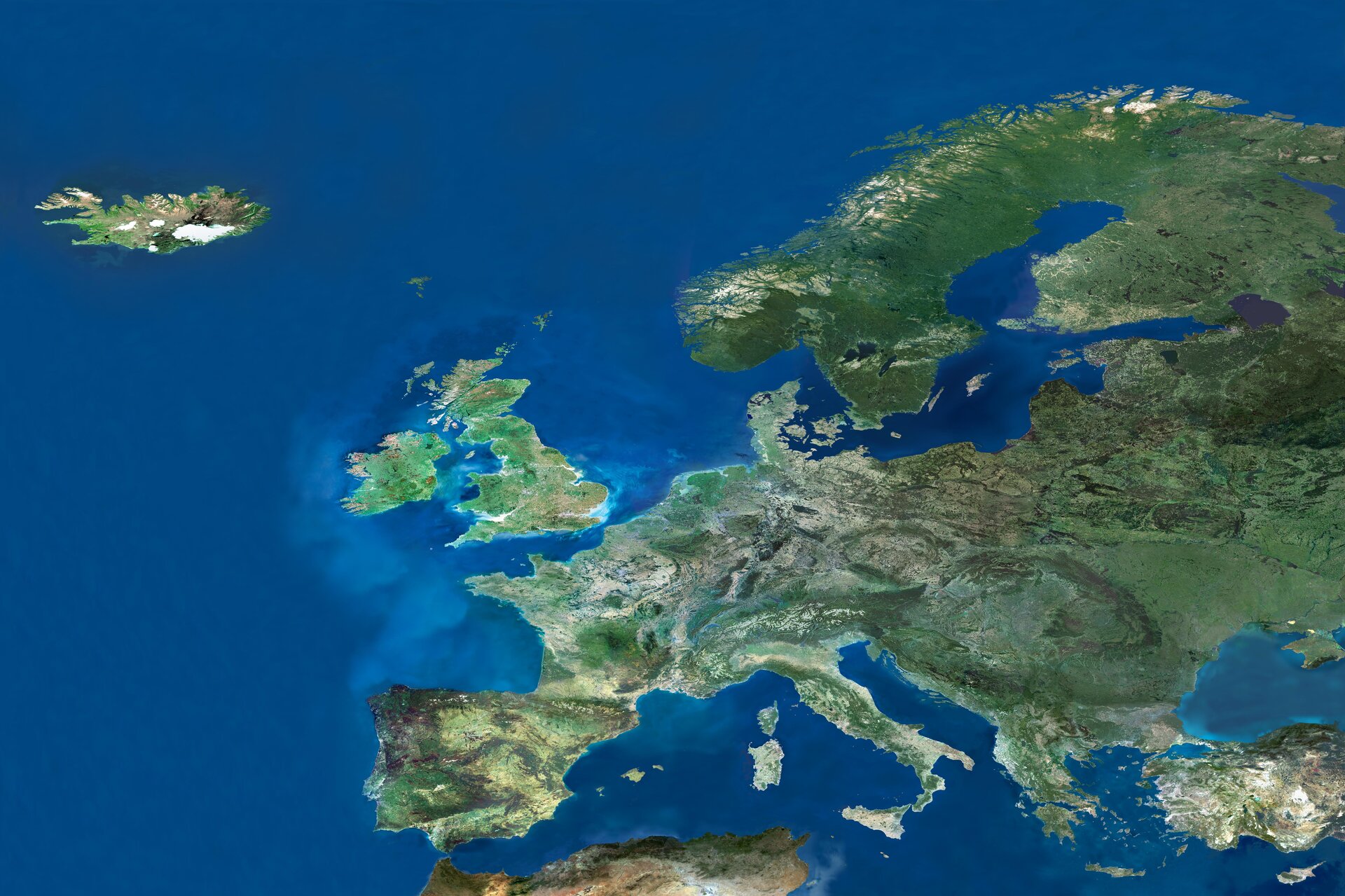Context
The world is experiencing changes that are rapidly and vastly reshaping the global geopolitical context. Five major global trends are set to dominate in the period between now and 2030:
- Challenges posed by the nexus of climate change, energy and resources (including food security and water supply) will intensify.
- A revolution in technologies and their applications will continue to transform societies in almost every aspect.
- The world order becomes more interdependent, but also more fragmented and insecure, in particular as regards cybersecurity.
- The shift in the world economy towards Asia will continue; an economic G3 – United States, China and European Union – will be in the lead with China first.
- The world population is ageing and Europe will be the ‘oldest’ region; inequalities (e.g. in income, age, gender, digital access) will persist; and the massive movement of populations witnessed today may intensify.
These global trends constitute a series of strategic challenges for Europe. These are:
Digital Europe
Creating a Digital Single Market in Europe could add €430 billion to the EU economy per year, according to estimates by the European Parliament, and would provide increased opportunities for Europe’s innovative start-ups and Small and Medium Enterprises. The advent of 5G, the next generation of mobile technology, will drive the future evolution of the internet. Much of Europe’s digital future will be determined by its approach to data and by fostering the development of online platforms from which European entrepreneurs could benefit.
Massive movements of population and economic development
Europe’s history has always been shaped by population movements. Today, such movements are a structural, long-term global issue, not short-term humanitarian emergencies. When considered in the context of Europe’s ageing demographics, they can also be regarded as a historic opportunity, in which space assets can help address some of the root causes of these movements.
Geopolitical risks
Since at least 2014, as a result of a more volatile global scene and deterioration in its immediate neighbourhood, the EU has been facing growing insecurity and multiple threats. This trend is likely to continue. Much of the Europe's credibility and stature in the future will depend on how it handles its immediate external challenges.
The European economy
Global GDP growth in 2016 is projected to remain at the level of 2015. The European economy remains supported by a number of positive factors, such as oil prices, the euro exchange rate and financing costs that have stimulated exports and private consumption. The OECD recommends a stronger collective policy response to support growth and provide a more favourable environment for productivity-enhancing structural policies – since monetary policy alone is considered to be insufficient.















 Germany
Germany
 Austria
Austria
 Belgium
Belgium
 Denmark
Denmark
 Spain
Spain
 Estonia
Estonia
 Finland
Finland
 France
France
 Greece
Greece
 Hungary
Hungary
 Ireland
Ireland
 Italy
Italy
 Luxembourg
Luxembourg
 Norway
Norway
 The Netherlands
The Netherlands
 Poland
Poland
 Portugal
Portugal
 Czechia
Czechia
 Romania
Romania
 United Kingdom
United Kingdom
 Slovenia
Slovenia
 Sweden
Sweden
 Switzerland
Switzerland


























